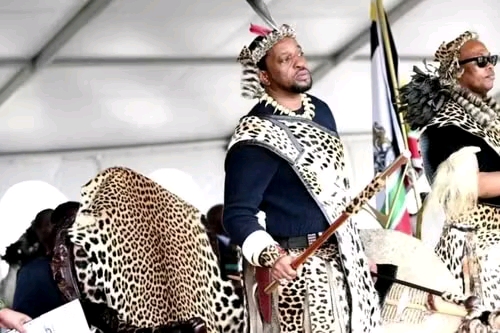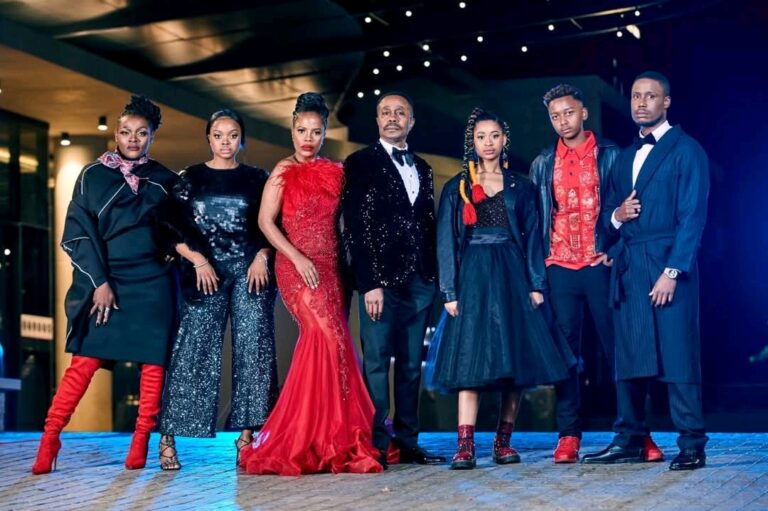
In a statement that feels both obvious and outdated, Zulu King Misuzulu has assured the public that he will not be selecting a new wife from among the 40,000 young women expected at the annual Reed Dance Festival. What should be an unspoken boundary—refusing to marry someone the same age as one’s children—has instead been treated as a noteworthy announcement.

The King explained his decision plainly: “I can’t marry someone who is the same age as my children.” While this may seem like a reasonable and even obvious stance, the very need to declare it publicly highlights just how entrenched certain expectations around the festival and royal marriage traditions remain. It is reminiscent of a CEO announcing he won’t date his interns: the statement itself is less a moral victory and more an indictment of the context that makes such an announcement necessary.
King Misuzulu took a moment to thank the young women for their participation in the festival and to praise the “virginity testers” who play a ceremonial role in the Reed Dance. These testers are lauded for preserving what is widely considered a cornerstone of Zulu culture. Yet this raises a difficult and pressing question: what aspects of culture are actually being preserved? Is it the ceremonial spectacle of thousands of women lining up for inspection, or is it the broader idea that a King publicly choosing not to take a teenager as a wife warrants national attention?
https://x.com/TimesOfEswatinE/status/1965114077707207148?t=ELUFogYfh5DuzTT2G5Ls6w&s=19
The Reed Dance, while deeply symbolic, continues to spark debate in modern South Africa. Supporters argue that it celebrates virginity, tradition, and respect for cultural values, while critics view it as an outdated practice that reinforces gender hierarchies and places young women under intense scrutiny. In this context, the King’s refusal to marry someone so young is less about cultural evolution and more about simply avoiding a particularly controversial scenario.

This is not modernization of tradition—it is simply hitting the pause button on a ritual that, for many, feels increasingly disconnected from contemporary society. The relief expressed by some South Africans that a King will not marry someone the same age as his children is real, but so is the disappointment. In 2025, it is striking—and troubling—that this remains the benchmark for ethical conduct in certain royal circles.
Ultimately, the Reed Dance and the surrounding customs reflect a complex tension between cultural preservation and modern societal norms. King Misuzulu’s statement may reassure some, but it also underscores the slow pace of change and the ongoing need for dialogue about the role of tradition in a rapidly evolving world.
The festival will continue, the young women will participate, and the conversation around Zulu traditions will carry on—challenging observers to ask not just what is being preserved, but why, and at what cost.







